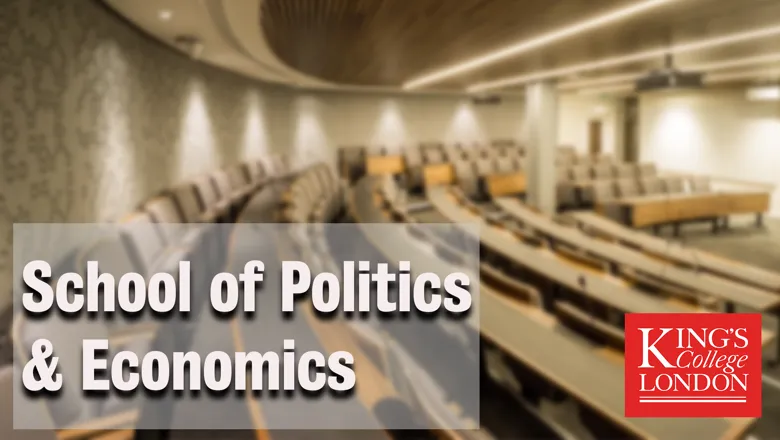The changes in attitudes appear to coincide with the framing of the bombings by the media, especially tabloids, from a chronicled description of the attack in the first week to an emphasis on the perpetrators, their Islamic ties, and the measures needed to tackle the threat in the weeks that followed.
Researchers
05 July 2023
Public's willingness to see freedoms curtailed after attacks 'influenced by media coverage''
The public’s willingness to see their personal freedoms and rights curtailed in the aftermath of a terrorist attack may be influenced more by subsequent media coverage than the shock of the incident itself, according to a new study.

The public’s willingness to see their personal freedoms and rights curtailed in the aftermath of a terrorist attack may be influenced more by subsequent media coverage than the shock of the incident itself, according to a new study.
Researchers found that public opinion on issues like security crackdowns and the restriction of some civil liberties was largely stable in the immediate aftermath of a terrorist incident, with opinion then shifting significantly in the following weeks as media coverage stepped up.
The findings were revealed in a study of social attitudes following the London bombings of July 2005, in which 52 people killed and 770 were injured. The study, Wait and See? Public Opinion Dynamics after Terrorist Attacks, was co-authored by Dr Marco Giani (King’s College London), Dr Mariaelisa Epifanio (University of Liverpool), and Dr Ria Ivandic (University of Oxford).
The researchers said: “We found that people did not change their views in the first week after the attack, neither on rights meant to protect their privacy nor on rights meant to protect the rights of terrorist suspects.
“People did change their attitudes, and become more supportive of curtailing core civil liberties, starting from the second week after the bombings. Approval of these measures then stabilises, at increased levels, in the medium run.
“This delayed change of attitudes appears to run against the idea of an emotional and irrational public immediately willing to give up their freedoms out of fear. It took a week for people to change their views and to demand more security.”
Data for the study was drawn from the British Social Attitudes Survey carried out between May and November 2005. The survey included questions on public support for counter-terrorist policies that may have impinged on individual freedoms and responses were examined from before and after the attacks.
In the aftermath of the attacks, the responses are examined from the week following (defined as immediate term), the first month (defined as the short term) and the remainder of the survey period (defined as the medium run).
Alongside the survey, the researchers carried out an analysis of media coverage of the bombings during the same time periods following the attack, as the coverage gradually changed from a description of the attack itself to greater emphasis on the attackers.
The article was published in the latest edition of the Journal of Politics. You can read more here.

